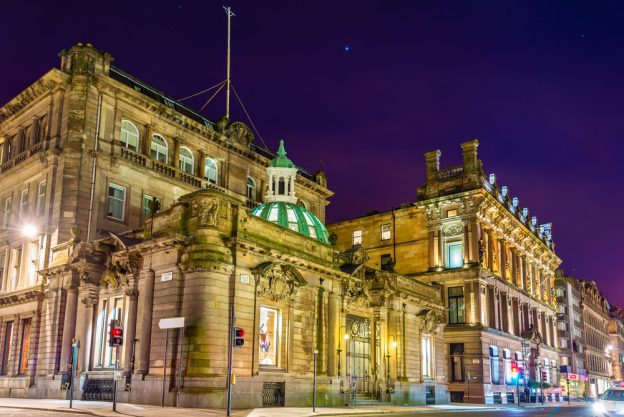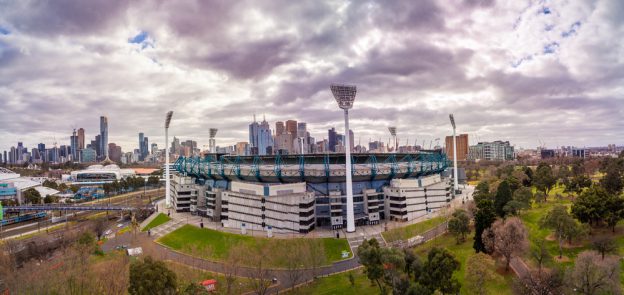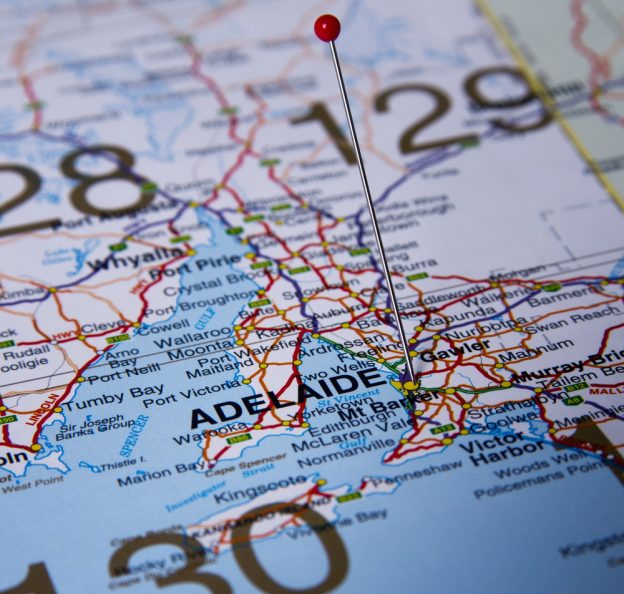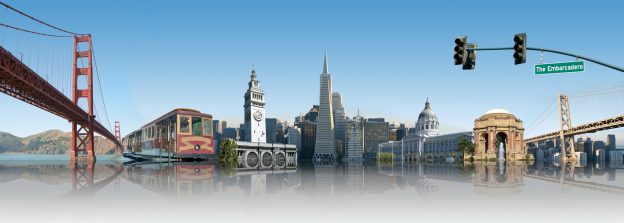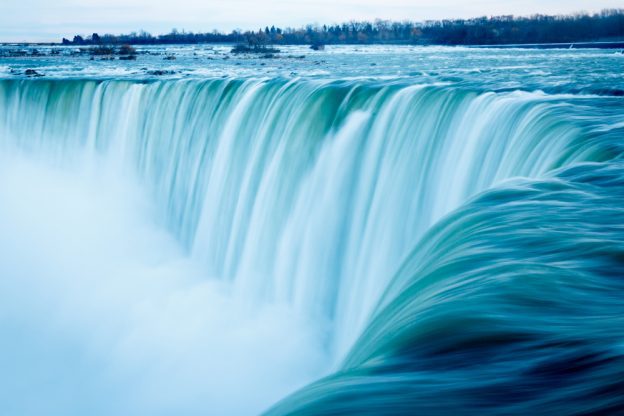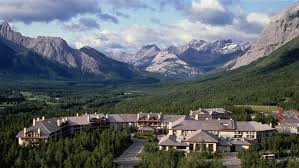Glasgow is the most populous city in Scotland and also the third most populous city in the UK with a population of around 600 000. Glasgow is nestled by the River Clyde in the country’s West Central Lowlands. From a travel and leisure viewpoint, it’s the 5th most frequented city in Britain. The locals are often times often called “Glaswegians”. The name of the city comes from Glasgow’s Gaelic term, Glaschu, meaning “Green Glen.” They likewise have a distinct dialect of the Scots language, the Glasgow patter, which is often challenging to grasp by those from outside Glasgow. Glasgow started out as a small rural settlement on the banks of the River Clyde and progressed into the tenth largest sized sea port in the UK. The River Clyde was obviously a logical location for the settlement due to its access to fishing options. It became a significant core for the Scottish Enlightenment during the 18th century. During the Industrial Revolution, the populace and economy of Glasgow evolved rapidly to become one of the world’s important zones of chemicals, textiles as well as engineering, especially for the shipbuilding and marine engineering business. Glasgow’s underground train system, that is known as the ‘Clockwork Orange’ due to its colour, is the third oldest subterranean train system in the world. After the River Clyde, the 2nd key river is the Kelvin whose name was utilized in creating the title of Baron Kelvin. The Kelvin ended up as the SI unit of temperatures.
Continue reading